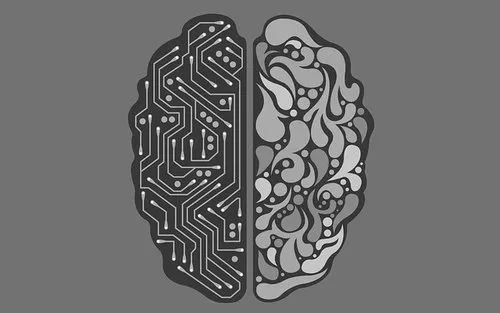
In true "I, Robot" style, where Will Smith showed us a society in which people lived in harmony with robots, both at home and at work, who only had to comply with Isaac Asimov's so-called three laws of robotics that revolve around the protection of the human being over the prevalence of the robot, Artificial Intelligence (AI) has arrived in real-world jobs. So, while the "invasion" began with the inclusion of machines on assembly lines, the idea of robots sharing offices with workers is becoming even more real.
But to what extent can they really replace us in the world of work? Professionals such as Matthias Kohler, architect, recognises that AI is the cause of job destruction, but assures that the automation and digitalisation of, in this case, construction, is full of advantages; Elon Musk, CEO of Tesla and SpaceX is more sceptical, distrustful of the benefits that these technologies can bring to people's daily lives; And Edmund Dueck, EMEA marketing director at Liferay, says that "when robots do our work, the value will be in creativity", an aspect that, in principle, Artificial Intelligence cannot work on. This is why investment in human capital must be made, with technology also seen as the solution and not just the cause that will shed thousands of jobs.
There are several studies that have sought to highlight the problem that Artificial Intelligence will present in the workplace. For example, one by PwC called "Will robots steal our Jobs?" suggests that the automation of the labour market between now and 2030 will occur in three major waves: the first, until 2020, called algorithmic, which consists of the automation of the simplest tasks; the second, augmented automation, until the mid-2020s; and the third, called autonomous, which will allow the automation of manual skills and problem solving in real time, from 2030 onwards, the decade from which Spain will be most affected by automation.

In short, the arrival of artificial intelligence in the world of work is an unstoppable reality and, despite the fact that we want to martyr ourselves with the possible extinction of our jobs (there are even websites that tell you what the probability is that our jobs will disappear after the arrival of artificial intelligence), we can't help but think about the possibility that our jobs will disappear. IAThere is hope, especially for teaching professionals, those involved in creativity and in the actual programming and management of these machines.
Faced with this future perspective, there is an increasing number of individuals seeking to train in programming or in the so-called STEM studies (Science, Technology, Engineering, Mathematics) due to the growing demand for these profiles. Immune, an institute that teaches coding in a new way, based on teamwork among equals and promoting innovation, has been created for all of them. In addition, they are backed by internationally renowned companies that guarantee Immune students internships in their companies. You can find more information about Immune and its methodology of study here.